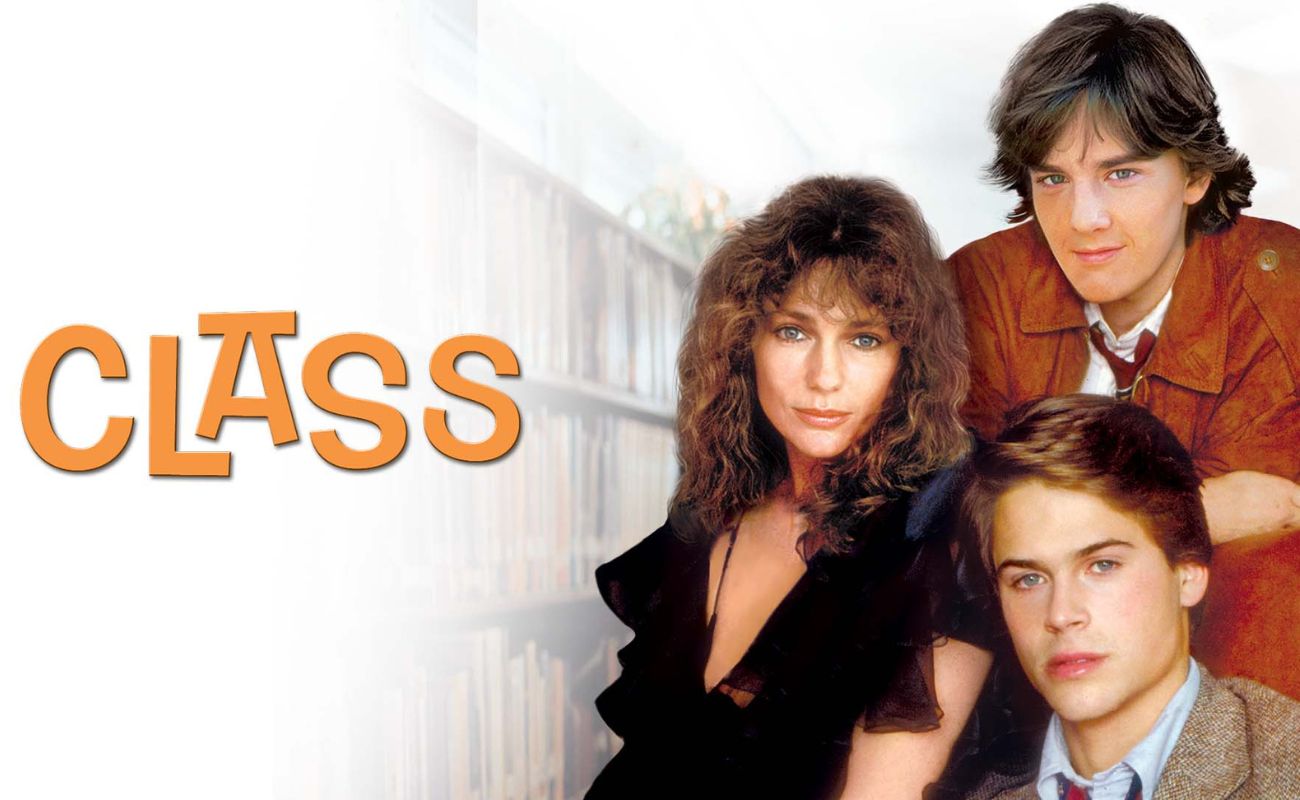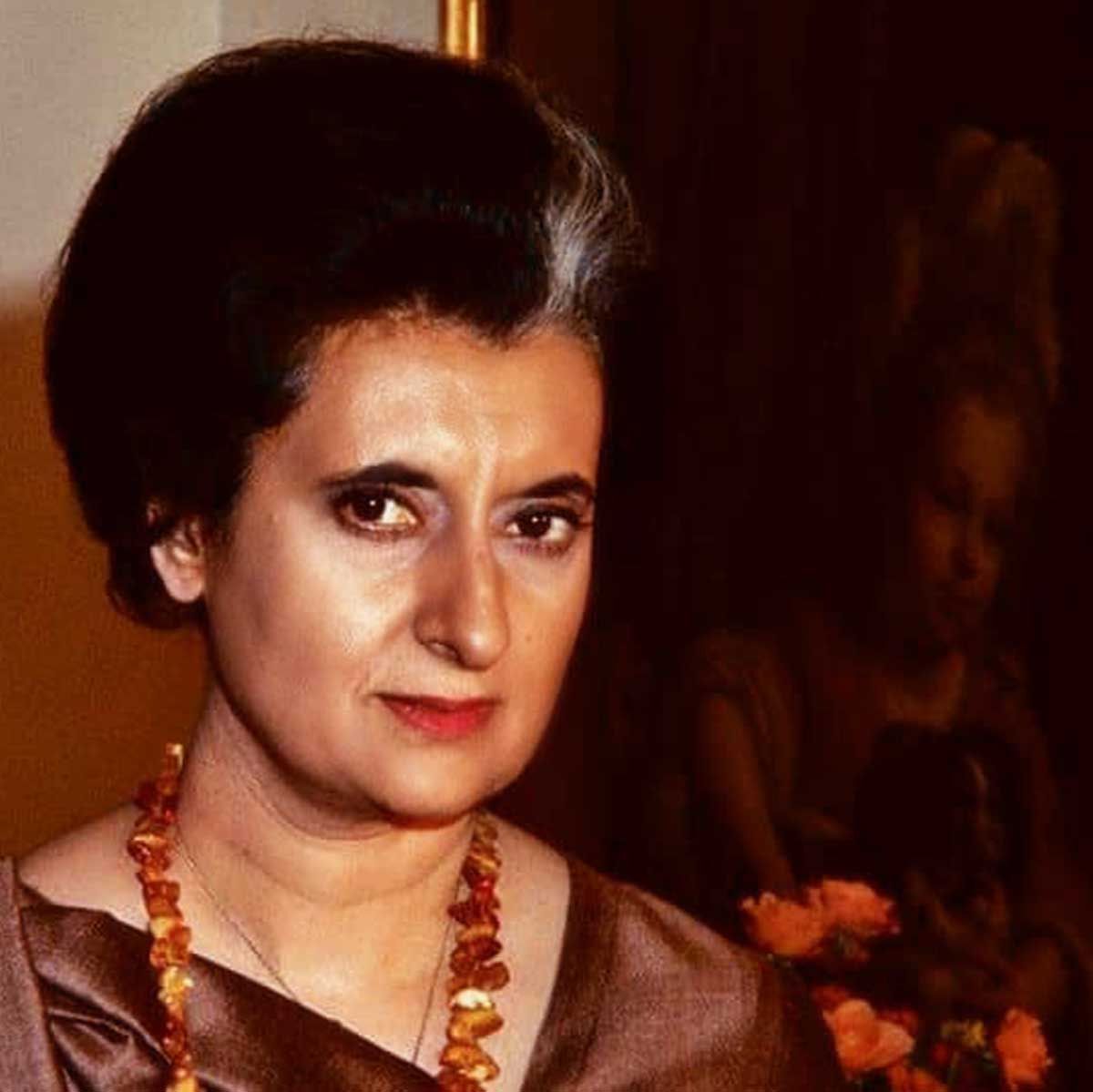
The movie “The Class” is a captivating and thought-provoking film that has captured the hearts of audiences worldwide. Directed by Laurent Cantet, “The Class” tells the story of a dedicated teacher and his dynamic interactions with his multicultural students in a tough inner-city school in Paris. The film delves deep into the complexities of the education system and tackles important social issues such as identity, race, and cultural differences.
With its raw and realistic portrayal of the struggles faced by both teachers and students, “The Class” offers a profound exploration of the challenges and triumphs that occur within the classroom. It provides viewers with an intimate look into the lives of these characters, highlighting their frustrations, aspirations, and the power dynamics at play.
In this article, we will delve deeper into the world of “The Class” and uncover 44 fascinating facts about the movie, ranging from its production process to its impact on audiences and critics alike.
Key Takeaways:
- “The Class” is a powerful and realistic film that explores the challenges of education, sparking empathy and prompting discussions about the impact of teachers and students’ experiences on society.
- “The Class” offers a thought-provoking look into the complexities of the education system, encouraging viewers to reflect on the role of education in shaping lives and promoting inclusivity.
The Class is based on the semi-autobiographical novel by François Bégaudeau.
Bégaudeau, a former teacher, drew inspiration from his own experiences in the French education system to write the book on which the film is based.
The film is set in a multicultural school in Paris.
It explores the interactions between a diverse group of students from different backgrounds and their teacher, played by Bégaudeau himself.
Laurent Cantet used real students and teachers in the film.
To create an authentic atmosphere, Cantet cast non-professional actors who were actual students and teachers from the school where the movie was filmed.
The Class won the Palme d’Or at the 2008 Cannes Film Festival.
This prestigious award is given to the best film in competition at the festival, emphasizing the film’s exceptional quality and impact.
The film received critical acclaim worldwide.
It was praised for its realistic portrayal of classroom dynamics, its nuanced performances, and its exploration of important social issues.
The Class was nominated for the Best Foreign Language Film Oscar.
It represented France at the 81st Academy Awards, highlighting its universal appeal and recognition in the international film community.
The film addresses themes of cultural identity and social inequality.
It raises important questions about the challenges faced by students from different backgrounds and the role of education in promoting equality.
The screenplay was written collaboratively by Laurent Cantet, François Bégaudeau, and Robin Campillo.
This collaboration ensured an authentic representation of the characters’ experiences and perspectives.
The film was shot in a documentary-like style.
Cantet aimed to capture the spontaneity and realism of everyday life in a classroom, resulting in a raw and immersive viewing experience.
The Class premiered at the 2008 Cannes Film Festival.
It received a standing ovation and garnered critical praise for its compelling storytelling and insightful commentary on the education system.
The film explores the challenges faced by teachers.
It delves into the teacher-student relationship, the difficulty of maintaining discipline, and the impact of personal biases on education.
The Class has been praised for its naturalistic performances.
The non-professional actors brought authenticity and depth to their roles, blurring the lines between fiction and reality.
The film raises questions about the purpose of education.
It prompts viewers to reflect on the goals of education and the extent to which schools can shape the future of their students.
The Class was a box office success in France.
It resonated with audiences, sparking conversations about the state of education and the challenges faced by both students and teachers.
The film offers multiple perspectives.
Through its ensemble cast, The Class provides insights into the lives and experiences of various students, giving voice to their individual stories.
The Class received numerous awards and nominations.
It was recognized by various film festivals and critics’ associations for its exceptional storytelling and powerful performances.
The film’s title, The Class, refers not only to the classroom setting but also to social divisions and hierarchies.
It highlights the importance of understanding and bridging these gaps for a cohesive society.
The Class explores the impact of language barriers on education.
It brings attention to the challenges faced by immigrant students trying to navigate the education system in a foreign country.
The film offers an intimate look into the lives of its characters.
It allows viewers to empathize with the struggles, aspirations, and triumphs of the students and their teacher.
The Class sparked conversations about the role of teachers in guiding and inspiring students.
It highlighted the importance of fostering a supportive and inclusive learning environment.
The film’s dialogue is largely improvised.
Cantet encouraged the actors to bring their own perspectives and experiences into their performances, resulting in authentic and spontaneous interactions.
The Class received positive reviews for its realistic portrayal of the complexities of classroom dynamics.
It captures the tensions, conflicts, and moments of connection that shape the relationships between students and teachers.
The film tackles issues of prejudice and discrimination.
It exposes biases and stereotypes that exist within the classroom and the broader society, challenging viewers to confront their own prejudices.
The Class inspired a sense of empathy among its viewers.
It encouraged a deeper understanding of the challenges faced by students and teachers, promoting compassion and dialogue.
The Class is a powerful exploration of the complexities of education.
It questions traditional teaching methods and emphasizes the need for adaptability and inclusivity in the modern classroom.
The film’s success led to its theatrical release in numerous countries.
The universal themes and relatable characters resonated with audiences worldwide.
The Class continues to be studied in educational institutions.
It has become a valuable resource for teachers and students studying the complexities of education and school dynamics.
The film’s cinematography captures the classroom environment with a sense of realism.
Through its handheld camera work and natural lighting, the film immerses viewers in the everyday lives of the characters.
The Class received accolades for its accurate portrayal of the challenges faced by teachers in urban schools.
It shed light on the societal factors that contribute to disparities in education and the efforts made by educators to overcome them.
The film showcases the power dynamics within the classroom.
It explores the interactions between students, the influence of social hierarchies, and the struggles of maintaining order.
The Class was praised for its authentic depiction of the multicultural realities of contemporary classrooms.
It celebrates diversity while also addressing challenges related to cultural integration and inclusion.
The film delves into the complexities of youth identity.
It examines how societal expectations, personal experiences, and peer pressure impact the students’ sense of self.
The Class encourages dialogue about educational reforms.
It illustrates the need for progressive approaches that address the diverse needs of students and promote equal opportunities.
The film’s naturalistic approach creates an intimate viewing experience.
Viewers feel like they are right there in the classroom, experiencing the joys and challenges alongside the characters.
The Class offers a realistic portrayal of the day-to-day experiences of teachers.
It showcases the planning, grading, and emotional investment required in the profession.
The film invites viewers to reflect on their own school experiences.
It evokes nostalgia and prompts introspection about the impact of education on one’s personal development.
The Class emphasizes the importance of active student engagement in the learning process.
It shows that genuine discussions and debates can foster critical thinking and intellectual growth.
The film showcases the power of effective teaching methods.
It highlights the transformative role that dedicated teachers can have in the lives of their students.
The Class sparked conversations about the influence of socioeconomic background on educational outcomes.
It exposes the disparities and challenges faced by students from disadvantaged backgrounds.
The film’s naturalistic performances resonate with viewers on an emotional level.
It elicits empathy, bringing to light the struggles and aspirations of the characters.
The Class prompts discussions on the role of education in shaping society.
It emphasizes the power of education in promoting social mobility and fostering a more inclusive and equitable society.
The film’s open-ended conclusion invites interpretation and contemplation.
It leaves viewers reflecting on the complex issues raised throughout the movie.
The Class has inspired educators to incorporate more student-centered approaches in their teaching practices.
It encourages teachers to create inclusive classrooms where every student’s voice is valued.
The Class continues to be celebrated as a powerful and timeless exploration of the education system and its impact on students.
Its relevance and resonance have made it a must-watch film for anyone interested in the complexities of education.
With its compelling storytelling, outstanding performances, and thought-provoking themes, The Class has solidified its place as a cinematic masterpiece. This film challenges our perceptions, sparks important conversations, and encourages us to reflect on the power of education in shaping lives.
Conclusion
In conclusion, “The Class” is a powerful and thought-provoking movie that delves into the complexities of the education system. With its realistic portrayal of the challenges faced by both students and teachers, the film offers a deep insight into the dynamics of a classroom and the impact it can have on individuals.
The movie provides a glimpse into the struggles of a determined teacher striving to make a difference and the hurdles he faces while trying to reach his students. Through its raw and captivating narrative, “The Class” sheds light on the societal issues that affect the education system, raising important questions about equality, cultural diversity, and the role of educators.
With brilliant performances and a compelling storyline, “The Class” offers a poignant and thought-provoking cinematic experience. It serves as a reminder of the significance of education and the lasting impact it can have on the lives of students and the wider community.
FAQs
Q: Is “The Class” based on a true story?
A: No, “The Class” is not based on a true story. However, it is inspired by the experiences of the director, who was a teacher before venturing into filmmaking.
Q: What is the genre of “The Class”?
A: “The Class” falls under the genre of drama, specifically portraying the challenges faced in an educational setting.
Q: Are there any international versions of “The Class”?
A: Yes, “The Class” is a French film originally titled “Entre les murs.” It was later adapted into an American version called “The Class: Lessons in Love and Violence.
Q: Can “The Class” be watched by all age groups?
A: “The Class” is rated for mature audiences due to its thematic content and language. It is recommended for viewers above the age of 16.
Q: Has “The Class” received any awards or recognition?
A: Yes, “The Class” has garnered critical acclaim and several accolades, including the Palme d’Or at the 2008 Cannes Film Festival.
Was this page helpful?
Our commitment to delivering trustworthy and engaging content is at the heart of what we do. Each fact on our site is contributed by real users like you, bringing a wealth of diverse insights and information. To ensure the highest standards of accuracy and reliability, our dedicated editors meticulously review each submission. This process guarantees that the facts we share are not only fascinating but also credible. Trust in our commitment to quality and authenticity as you explore and learn with us.


